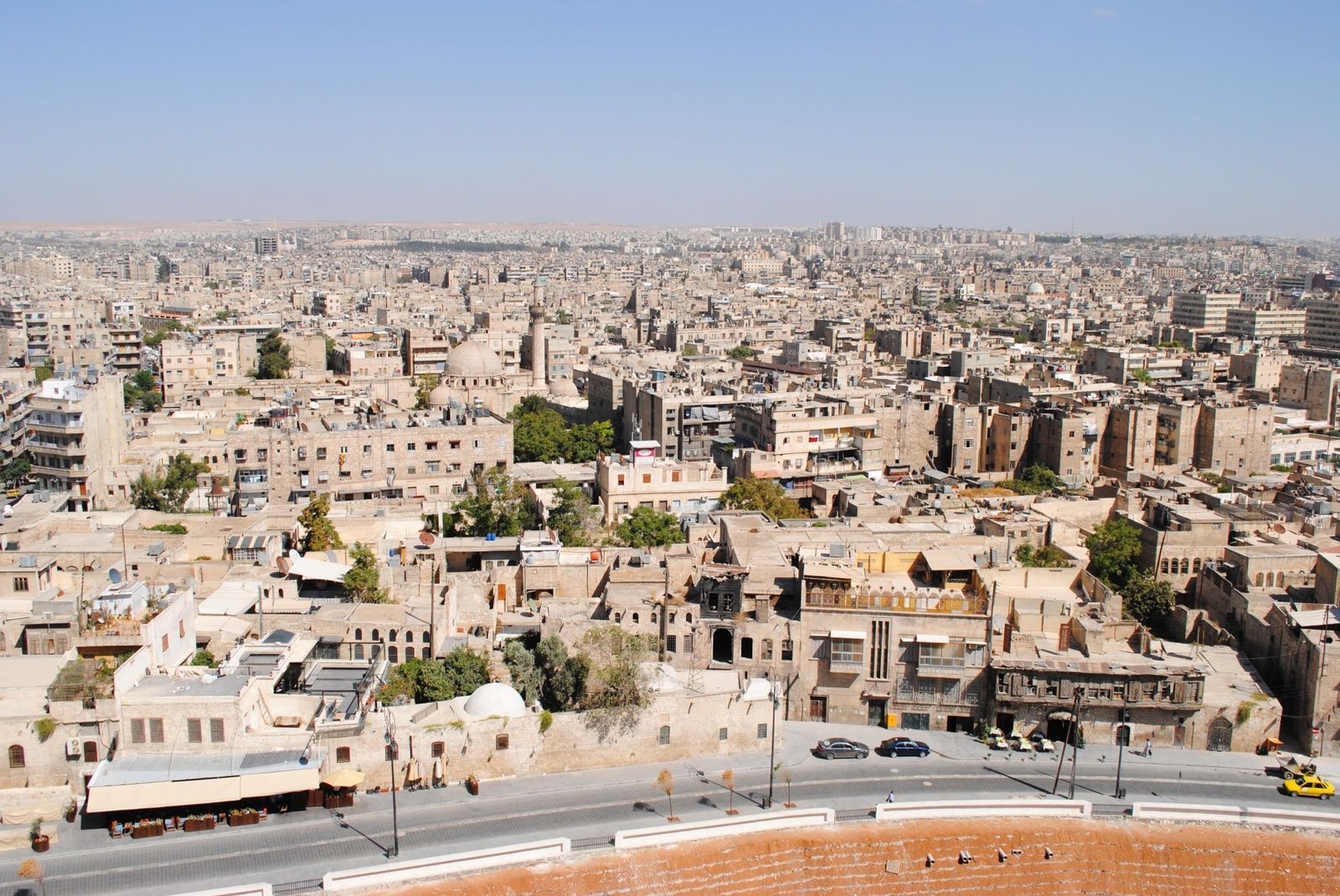
Syria is a country rich in history, culture, and complexity. Nestled in the Middle East, it has seen the rise and fall of empires, witnessed ancient civilizations, and endured modern conflicts. But what do you really know about this fascinating nation? From its ancient cities to its diverse population, Syria holds many surprises. Did you know that Damascus, its capital, is one of the oldest continuously inhabited cities in the world? Or that Syria is home to some of the most stunning archaeological sites? Let's dive into 30 intriguing facts about Syria that will broaden your understanding and perhaps even challenge what you thought you knew.
Key Takeaways:
- Syria's diverse geography includes deserts, mountains, and a coastline along the Mediterranean Sea. It's also bordered by five countries, making it a hub of natural beauty and cultural exchange in the Middle East.
- Despite its rich history and cultural significance, Syria has faced modern challenges, including the devastating civil war and a humanitarian crisis. Efforts to rebuild and preserve its heritage are ongoing amidst these struggles.
Geography and Nature
Syria, located in the heart of the Middle East, boasts a rich tapestry of landscapes. From deserts to mountains, the country's geography is as diverse as its history.
- Syria is bordered by five countries: Turkey, Iraq, Jordan, Israel, and Lebanon.
- The Euphrates River, one of the longest rivers in Western Asia, flows through Syria.
- The Syrian Desert covers much of the country, making up about 55% of its land area.
- Mount Hermon, the highest point in Syria, stands at 2,814 meters above sea level.
- The Mediterranean Sea lies to the west, giving Syria a coastline of about 193 kilometers.
Historical Significance
Syria's history stretches back thousands of years, with ancient civilizations leaving their mark on the land. The country is a treasure trove of archaeological wonders.
- Damascus, the capital, is one of the oldest continuously inhabited cities in the world.
- The ancient city of Palmyra was a vital trade center during the Roman Empire.
- Ugarit, an ancient port city, is where the earliest known alphabet was discovered.
- Aleppo has been inhabited since at least the 6th millennium BC.
- The Crac des Chevaliers, a Crusader castle, is one of the best-preserved medieval castles in the world.
Culture and Society
Syria's culture is a blend of various influences, reflecting its long history and diverse population. Traditions, cuisine, and arts play a significant role in everyday life.
- Arabic is the official language of Syria.
- Islam is the predominant religion, with Sunni Muslims making up the majority.
- Syrian cuisine includes dishes like kibbeh, hummus, and tabbouleh.
- The Dabke, a traditional dance, is performed at weddings and celebrations.
- Syrian soap, made from olive oil and laurel oil, is famous worldwide.
Economy and Resources
Despite recent challenges, Syria has a wealth of natural resources and a historically diverse economy. Agriculture, oil, and textiles have been key sectors.
- Agriculture employs a significant portion of the population, with wheat and barley being major crops.
- Oil was once a major export, with reserves primarily in the northeast.
- The textile industry has a long history, producing items like silk and cotton fabrics.
- Phosphate mining is another important industry, with Syria having significant reserves.
- Olive oil production is a traditional industry, with Syria being one of the top producers in the world.
Modern Challenges
Syria has faced numerous challenges in recent years, impacting its society and economy. Understanding these issues is crucial for grasping the current state of the country.
- The Syrian Civil War, which began in 2011, has caused widespread devastation.
- Refugees: Millions of Syrians have fled the country, seeking safety in neighboring nations and beyond.
- Humanitarian crisis: The conflict has led to severe shortages of food, water, and medical supplies.
- Reconstruction: Efforts to rebuild cities and infrastructure are ongoing but face significant hurdles.
- Sanctions: International sanctions have further strained the economy.
Education and Innovation
Despite the turmoil, Syria has a strong tradition of education and innovation. The country has produced many notable scholars and scientists.
- Damascus University, founded in 1923, is the oldest and largest university in Syria.
- Literacy rate: Before the conflict, Syria had a literacy rate of over 80%.
- Aleppo Codex, an ancient Hebrew Bible manuscript, was kept in Syria for centuries.
- Syrian inventors have contributed to fields like medicine, engineering, and literature.
- Cultural heritage: Efforts are being made to preserve Syria's rich cultural heritage despite the ongoing conflict.
Final Glimpse at Syria's Rich Tapestry
Syria's history and culture are nothing short of fascinating. From ancient civilizations to modern-day challenges, this country has seen it all. The ancient city of Palmyra, once a bustling trade center, stands as a testament to Syria's rich past. Damascus, one of the oldest continuously inhabited cities, offers a blend of history and modernity. Syria's diverse landscapes, from the Mediterranean coast to the deserts, add to its unique charm. Despite recent conflicts, the resilience of its people shines through. Their traditions, cuisine, and art continue to thrive, showcasing a culture that's both ancient and vibrant. Understanding Syria's complexities helps us appreciate its contributions to world history and culture. So, next time you think of Syria, remember its rich tapestry woven with threads of history, culture, and resilience.
Frequently Asked Questions
Was this page helpful?
Our commitment to delivering trustworthy and engaging content is at the heart of what we do. Each fact on our site is contributed by real users like you, bringing a wealth of diverse insights and information. To ensure the highest standards of accuracy and reliability, our dedicated editors meticulously review each submission. This process guarantees that the facts we share are not only fascinating but also credible. Trust in our commitment to quality and authenticity as you explore and learn with us.


